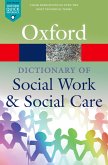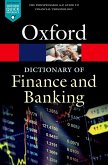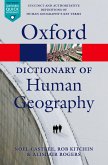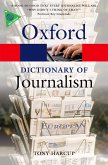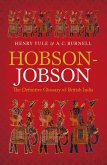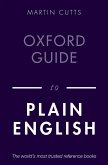Do, or should, dictionaries control language? How do they treat language change, both now and in the past? Which words do dictionaries leave out - and on what grounds? Dictionaries are far more than works which list the words and meanings of a language. In this Very Short Introduction Lynda Mugglestone shows that all dictionaries are partial and all are selective. They are human products, reflecting the dominant social and cultural assumptions of the time in which they were written. Dictionaries exist then not only as works which seek to document language, but also as cultural documents that are connected to the world in which they were produced. Exploring common beliefs about dictionaries, providing glimpses of behind the scenes dictionary makers at work, and confronting the problems of how a word is to be defined, Mugglestone shows that dictionaries are always, and inevitably, more than the crafting of a simple list of words. Concluding with a look at the range of modern dictionaries and transformations, from online dictionaries such as urbandictionary.com or wictionary to txt-spk and slang, she reveals the controversial nature of the debates about communication and language, showing that only in written and spoken English does the language of dictionaries exist in full. ABOUT THE SERIES: The Very Short Introductions series from Oxford University Press contains hundreds of titles in almost every subject area. These pocket-sized books are the perfect way to get ahead in a new subject quickly. Our expert authors combine facts, analysis, perspective, new ideas, and enthusiasm to make interesting and challenging topics highly readable.
Dieser Download kann aus rechtlichen Gründen nur mit Rechnungsadresse in A, B, BG, CY, CZ, D, DK, EW, E, FIN, F, GR, HR, H, IRL, I, LT, L, LR, M, NL, PL, P, R, S, SLO, SK ausgeliefert werden.



